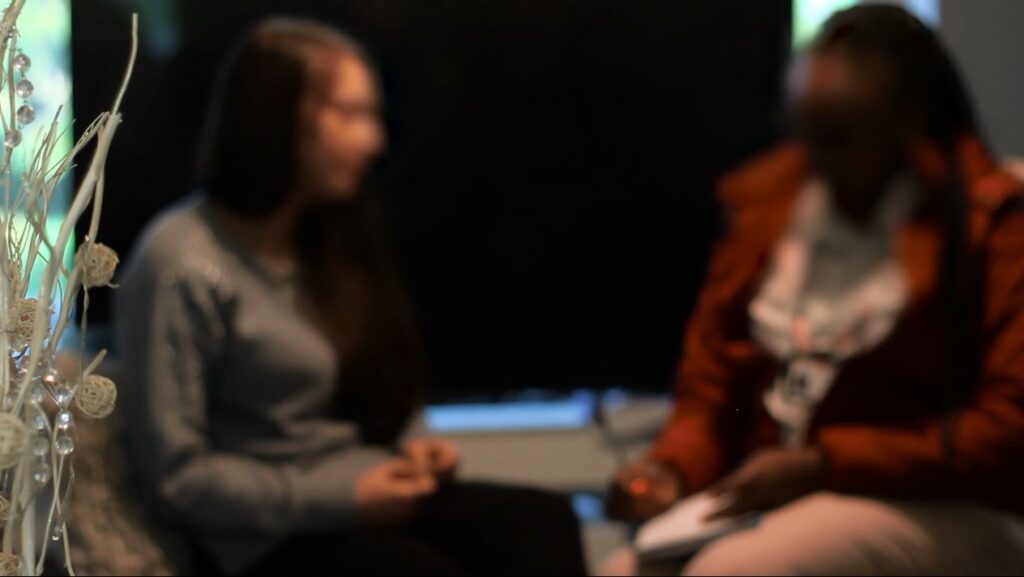We are committed to taking action to support people experiencing domestic abuse, one of the biggest issues in society today.
Studies suggest many millions of people are affected every year and tragically, two women are killed every week by their partner or ex-partner.
Together with others across the housing sector, we have signed up to do more to tackle this issue and we will continue to support residents who are affected by domestic abuse.
If you are experiencing domestic abuse, are worried about someone or are concerned about your behaviour, there is lots of support available.
Don’t forget, you can always report any concerns you have directly to us on 0800 328 0967 / 0161 331 2552
What about my pet?
Leaving pets behind can often be a barrier for victims of domestic abuse to leave an abusive relationship. If you’re unable to leave your pet with a family member or friend then there are pet fostering services available that can help. The closest service to Tameside is Endeavour which is based in Bolton and offers pet fostering for victim/survivors across Greater Manchester. You can find out more here: Pet Fostering Service, Bolton – Endeavour
For other services you can also visit: What about pets? – Refuge
Psychological abuse
This can include intimidation, insults, isolating the person from friends and family, criticising, denying the abuse, treating the person as inferior, threatening to harm children or take them away, forced marriage.
Physical abuse
This can include shaking, smacking, punching, kicking, presence of finger or bite marks, bruising, starving, tying up, stabbing, suffocation, throwing things, using objects as weapons, female genital mutilation. Physical effects are often in areas of the body that are covered and hidden (i.e. breasts, legs and stomach).
Sexual abuse
This includes rape (including the threat of rape), sexual assault, forced prostitution, ignoring religious prohibitions about sex, refusal to practise safe sex, sexual insults, passing on sexually transmitted diseases, preventing breastfeeding.
Financial abuse
Including not letting the person work, undermining efforts to find work or study, refusing to give money, asking for an explanation of how every penny is spent, making the person beg for money, gambling, not paying bills, building up debt in the other person’s name.
Emotional abuse
This can be swearing, undermining confidence, making racist, sexist or other derogatory remarks, making the person feel unattractive, calling the person stupid or useless, eroding the person’s independence, keeping them isolated from family or friends.
Controlling behaviour
A range of acts designed to make a person subordinate and/or dependent by isolating them from sources of support, exploiting their resources and capacities for personal gain, depriving them of the means needed for independence, resistance and escape and regulating their everyday behaviour.
Coercive behaviour
Acts, or a pattern of acts, of assault, threats, humiliation and intimidation or other abuse that is used to harm, punish, or frighten their victim.
So-called honour-based abuse
Also a form of domestic abuse, explained by the perpetrator of the abuse on the grounds that it was committed as a consequence of the need to protect or defend the honour of the family; it can include all the types of abuse listed above and specific crimes such as forced marriage and female genital mutilation.
Domestic servitude
Children, women and men being forced to work in private households as maids, servants, housekeepers, personal carers, nannies, chauffeurs, gardeners and cooks in exploitative conditions. Abuse can take the form of difficult working conditions (no days off, long hours and minimal, if any, salary) and psychological, physical, or sexual abuse.
Anyone can be a victim of domestic abuse, regardless of gender, age, ethnicity, religion, socio-economic status, sexuality or background.
Does your partner, ex-partner or someone you live with:
- cut you off from family and friends and intentionally isolate you?
- bully, threaten, or control you?
- take control of your finances?
- monitor or limit your use of technology?
- physically and/or sexually abuse you?
Domestic abuse is not always physical violence. It can also include:
- coercive control and ‘gaslighting’
- economic abuse
- online abuse
- threats and intimidation
- emotional abuse
- sexual abuse

